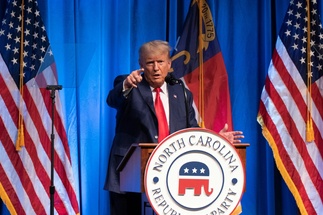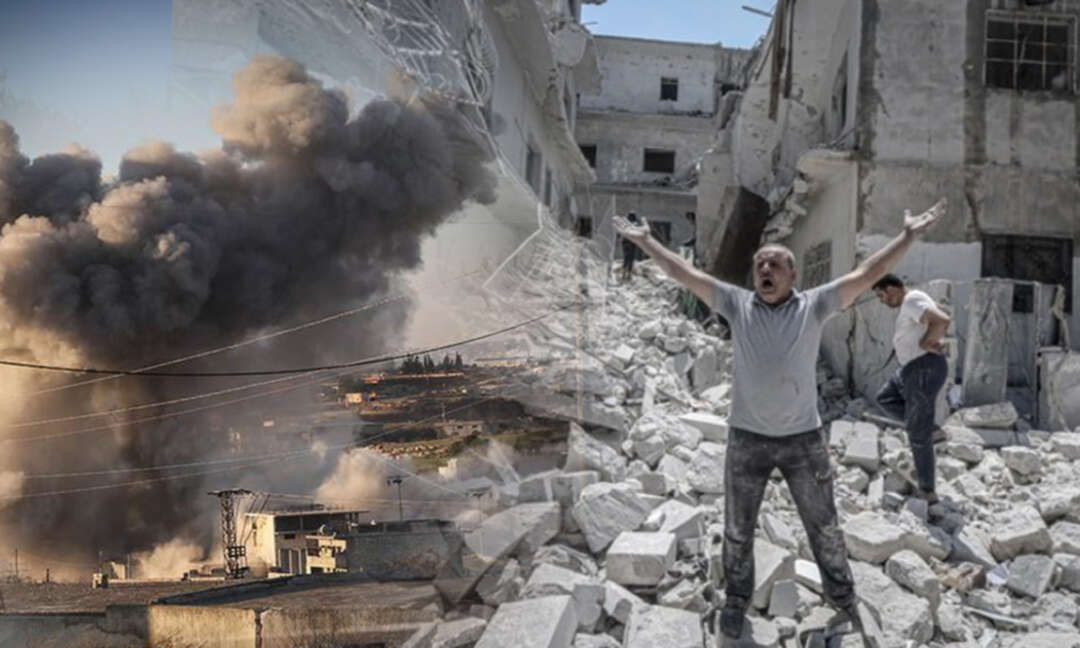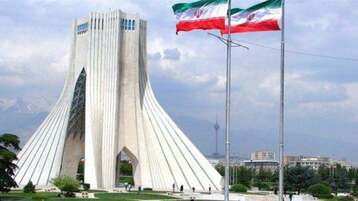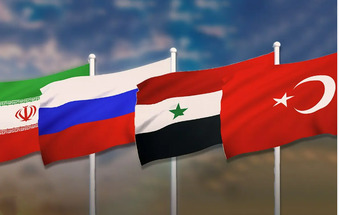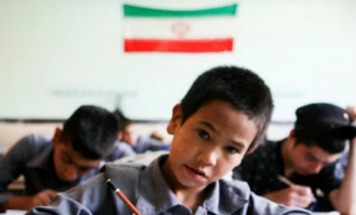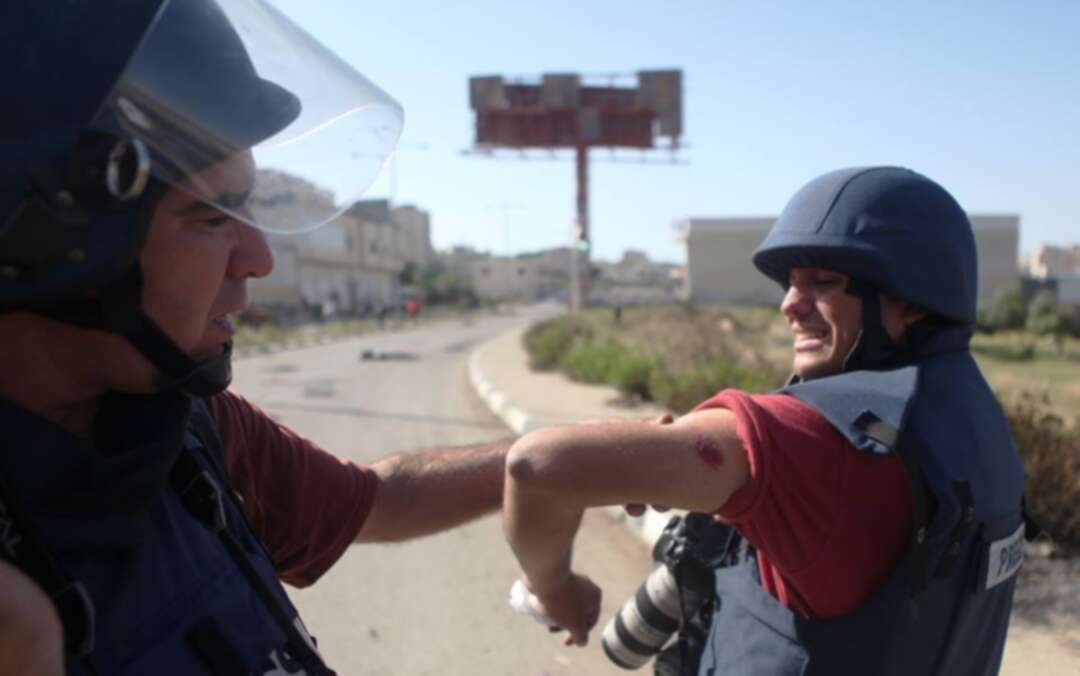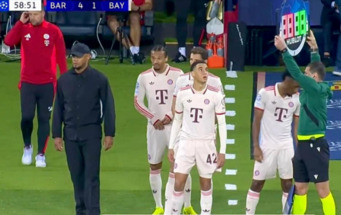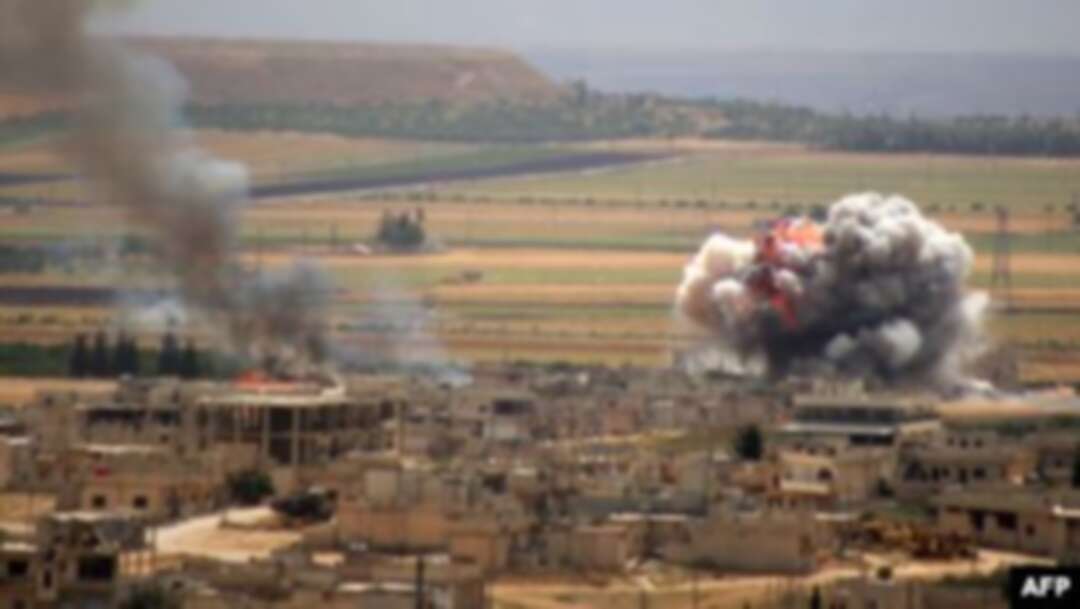-
Why is Iranian regime afraid of negotiating with the United States?
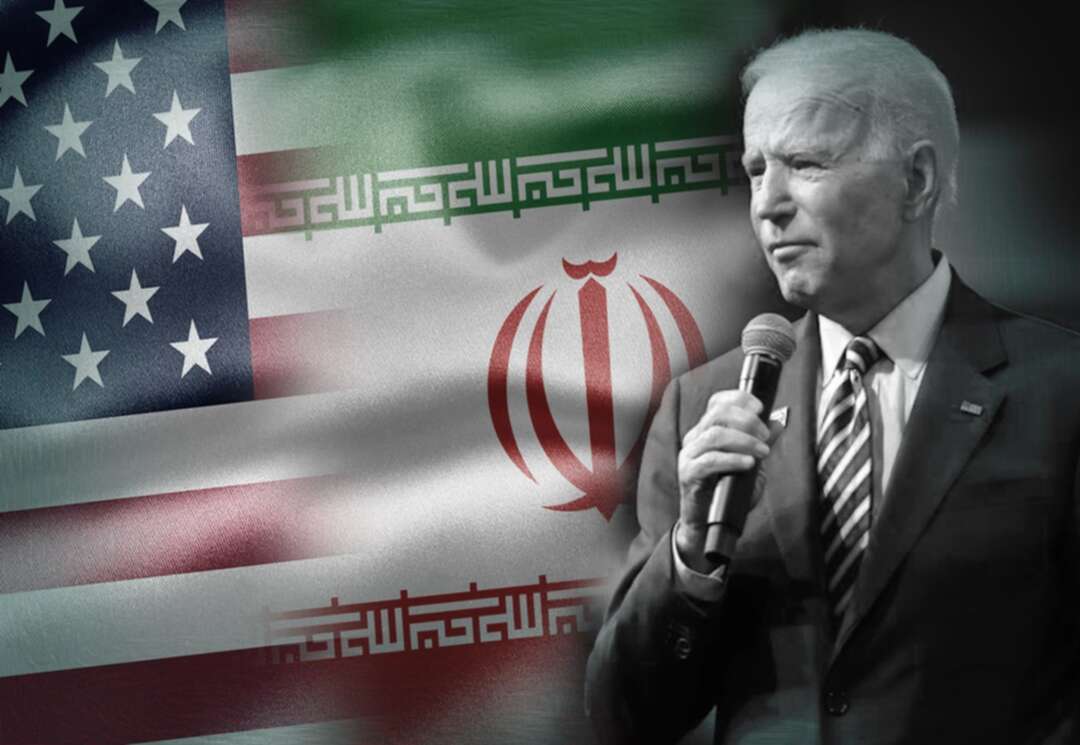
After three months, President Biden in an effort to curb the expansion of Iranian regime's nuclear program within the framework of JCPOA, indirectly through his European partners, started negotiation with the Iranian representatives in Vienna, Austria. Although Iran's representatives have ostensibly stated that they will not negotiate directly or indirectly with the United States until the lifting of sanctions by the United States, it is clear to observers that the meeting in Vienna was a kind of negotiation between the two countries.
The meeting even provoked some reactions from opponents of negotiations with the United States in Iran, and several representatives of the so-called fundamentalist faction, as well as the head of the judiciary of Iranian regime; Ibrahim Raeisi protested the participation of Iranian Foreign Ministry representatives in this meeting.
This is a manifestation of disagreement within the Iranian regime over negotiations with the United States. On the one hand, Hassan Rouhani, who is going through the last days of his second term and has no possibility of re-election, is desperately looking for an agreement with the United States to return to JCPOA before the end of his term in June, and lift the sanctions imposed by Trump to provide some air to breathe for the regime.
Because these sanctions, along with the widespread corruption of the ruling regime, have pushed the Iranian economy to the brink of collapse, so that now the Iranian economy shrank about 8.2% with respect to last year and inflation has reached more than 65%, so that more than 60% People live below the poverty line, and nearly 35 million people are living in deplorable conditions in shanty towns due to their inability to pay for housing in cities.
People's hatred and antipathy for this situation can be seen daily in gatherings and protests of different segments of the population due to poor economic conditions, non-payment of salaries, high prices and lack of many essential commodities such as cooking oil , eggs, chicken ... all over Iran.
But on the other hand, we see that Khamenei has emphasized that Iran will not return to the 2015 JCPOA before United States removes all sanctions and we verify them, and not only we will deploy newer centrifuges (JCPOA forbids Iran from installing them) but also will continue to enrich uranium to 20% and make uranium metal. The question is why Khamenei, who 2 years ago witnessed upon tripling the price of gasoline Iranians took to the streets in nearly 200 cities to protest, setting fire to almost all banks and gas stations so much so that forced him to crack down on protesters and order his security forces to directly fire and kill 1,500 people and arrest more than 12,000 in order to quell the uprising, is so stubborn in negotiating and is not willing to give any concessions?
The fact is that Khamenei is in a very weak position and he is afraid of negotiations because he knows that now he must make many concessions and 2021 is qualitatively different from 2015 and the new balance of power has left no room for Khamenei. Khamenei is well aware of People’s dissatisfaction, but he is most afraid of the imminent uprising and knows that if another uprising like the one in November 2019 happens again, this time he will not be able to control it easily and may topple his regime.
From the beginning, Khamenei’s regime survival has been based on internal repression and exporting crises to countries in the region through its proxy forces, and terrorism. Khamenei later sought to secure his survival by acquiring a nuclear weapon, which he was forced to abandon, at least temporarily, since the Iranian resistance exposed his secret nuclear program. Thus, Khamenei relies on two leverages of internal repression and meddling in countries of the region.
But Khamenei is now facing a situation that puts him in complete isolation in the region. On one hand, he has lost much of its former financial strength to support its proxy forces in Iraq, Syria, Yemen, and Lebanon, and on the other hand with assassination of Qasim Soleimani, his influence in the region has diminished dramatically and people in Syria, Iraq and Lebanon blame the Iranian regime for all their misfortunes and demand that Iran not to interfere in their countries. Khamenei knows that negotiating with the United States will lead to other demands, such as controlling missile programs and the regime's non-interference in the region.
Losing any of these leverages will be a mortal blow and the regime will lose its balance and further in conjunction with dissatisfied People inside Iran will make his shaky regime much more unstable and prone to overthrow.
To further bargain, he agreed to give the Chinese a lot of concessions with a 25-year deal with them to strengthen its position vis a vis the West. This, of course, was widely protested inside Iran, and most people consider it a treacherous deal and the sale and transfer of Iran to China.
Now it is up to Biden's administration to recognize the regime’s weak state and emphasize the need for decisive policy and not to give concessions to Khamenei. Khamenei's show of force is a bluff, and sooner or later, under internal pressure, Khamenei will be forced to accept western’s conditions for lifting of sanctions. In any case, no matter which path Iranian regime takes, a regime change in Iran could be expected in the near future.
by: Cyrus Yaqubi
Cyrus Yaqubi is a Research Analyst and Iranian Foreign Affairs Commentator investigating the social issues and economy of the middle east countries in general and Iran in particular.
You May Also Like
Popular Posts
Caricature
Qatar Closes Hamas Office...
- November 11, 2024
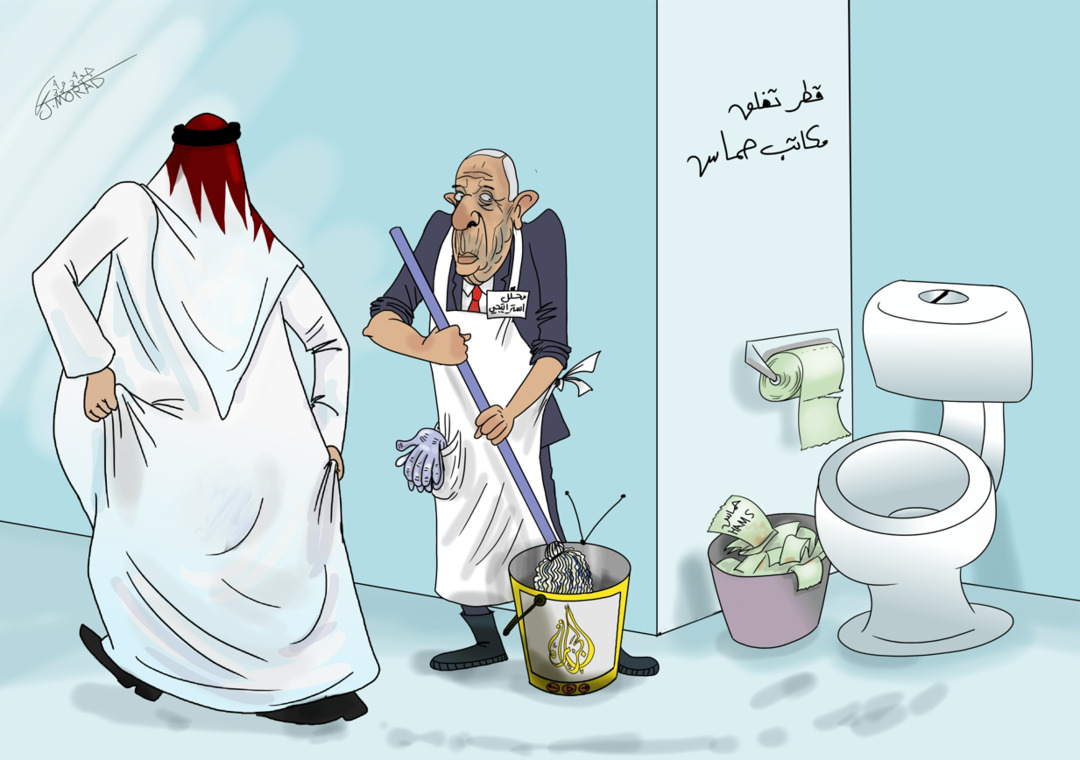
Qatar Closes Hamas Offices
opinion
Report
ads
Newsletter
Subscribe to our mailing list to get the new updates!

